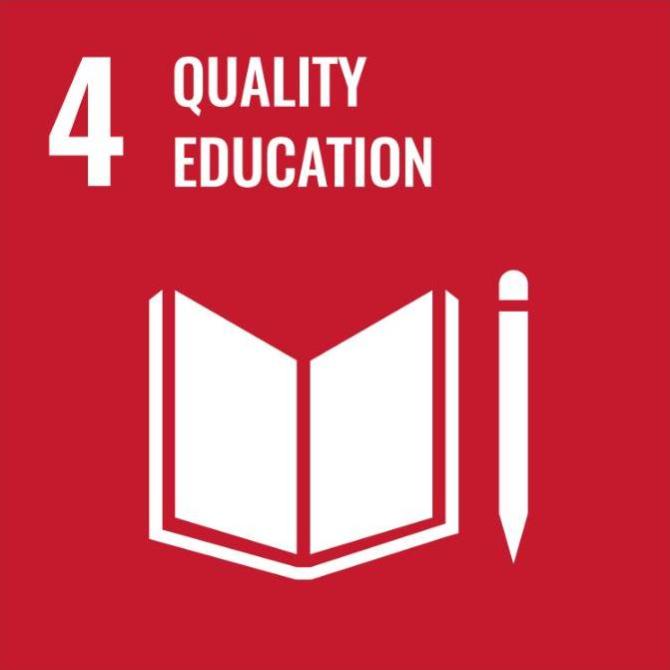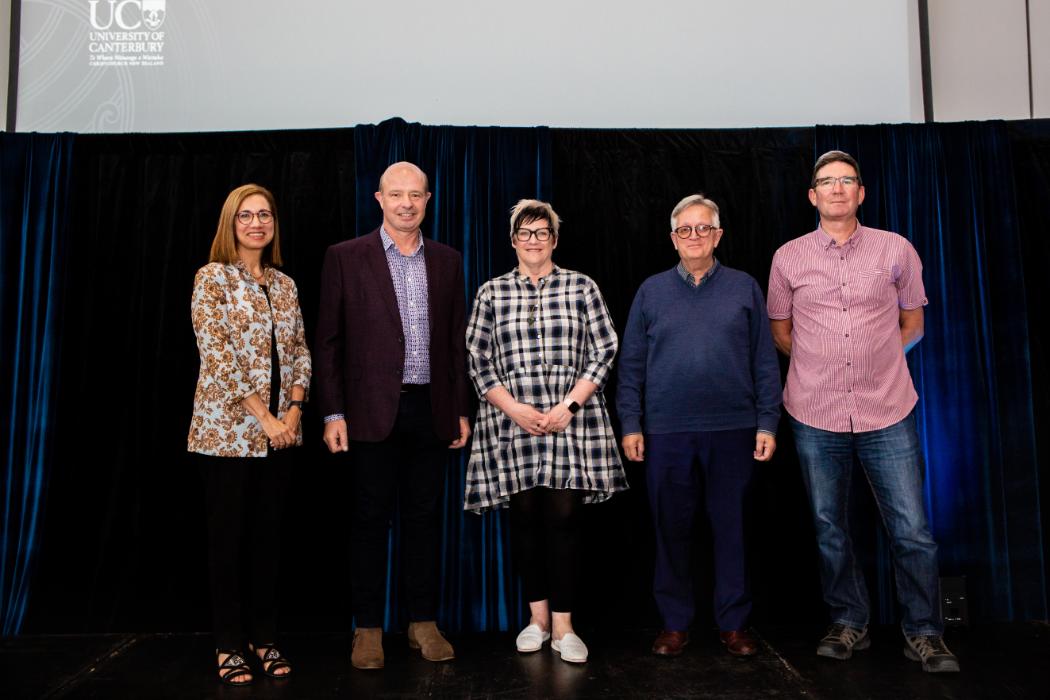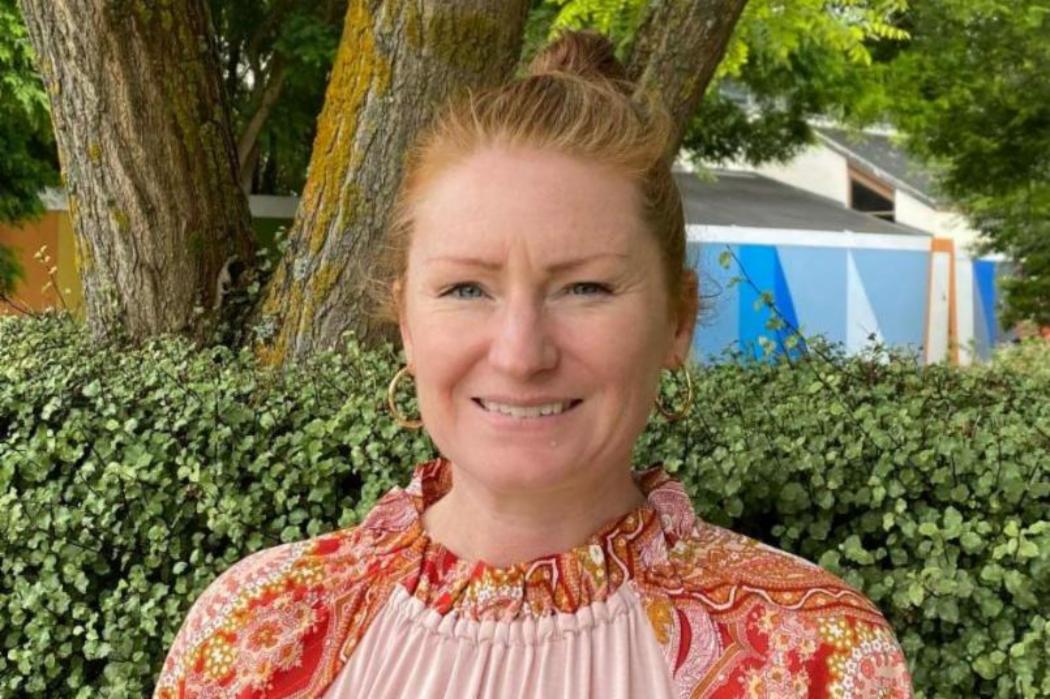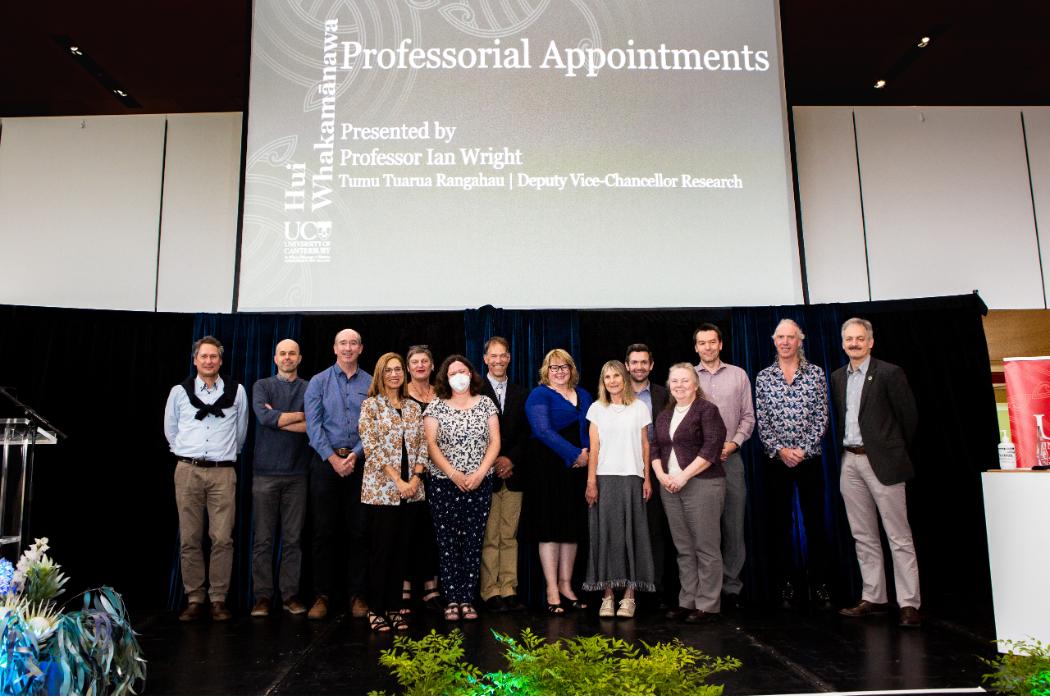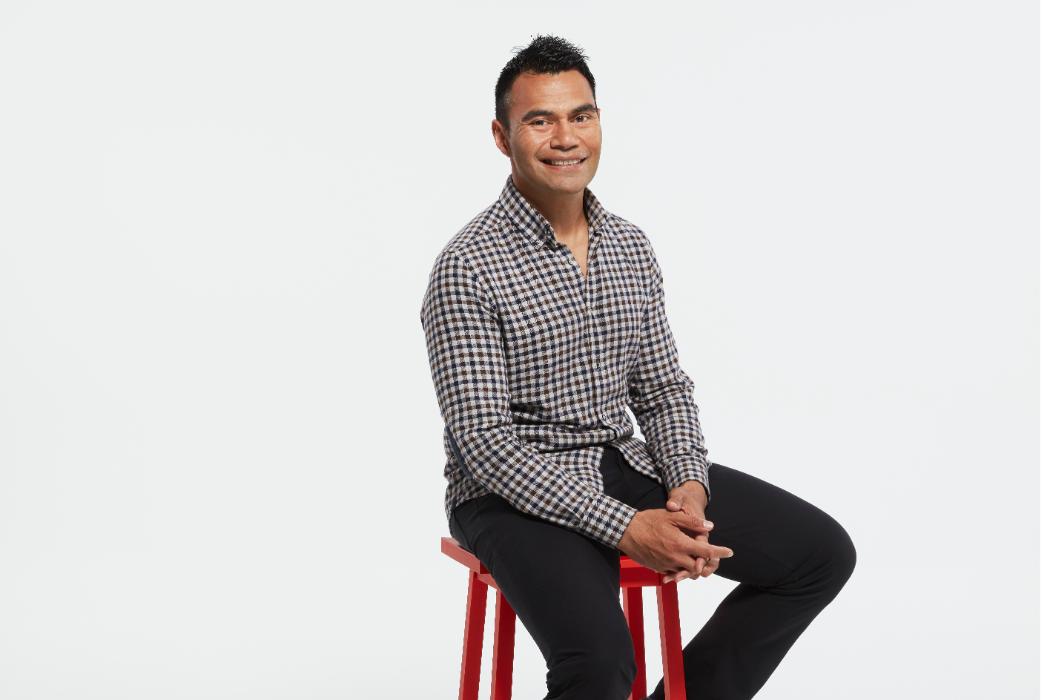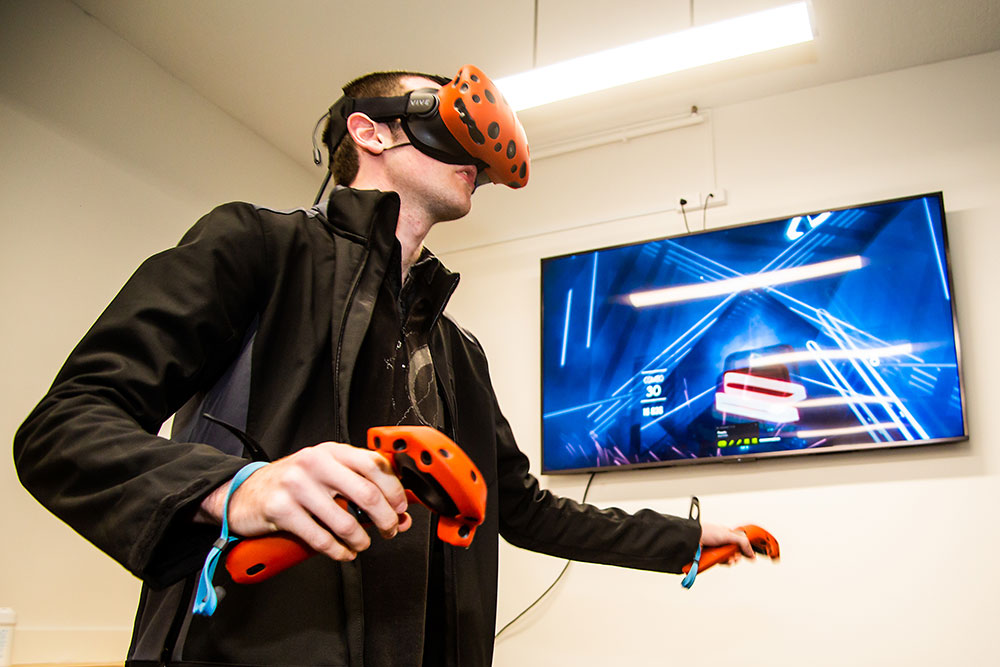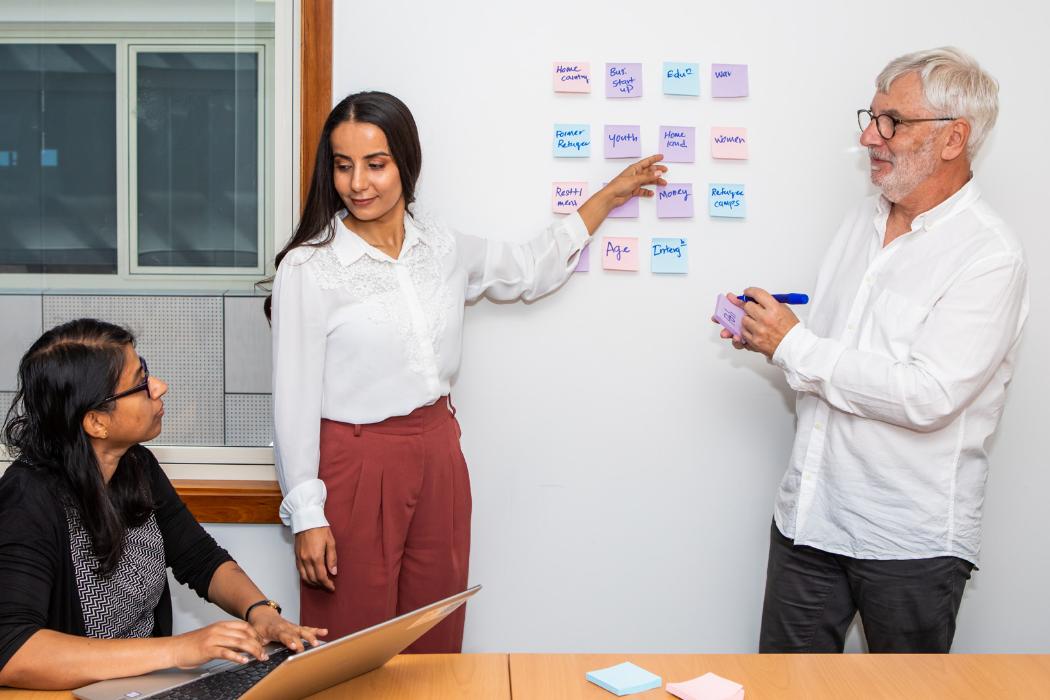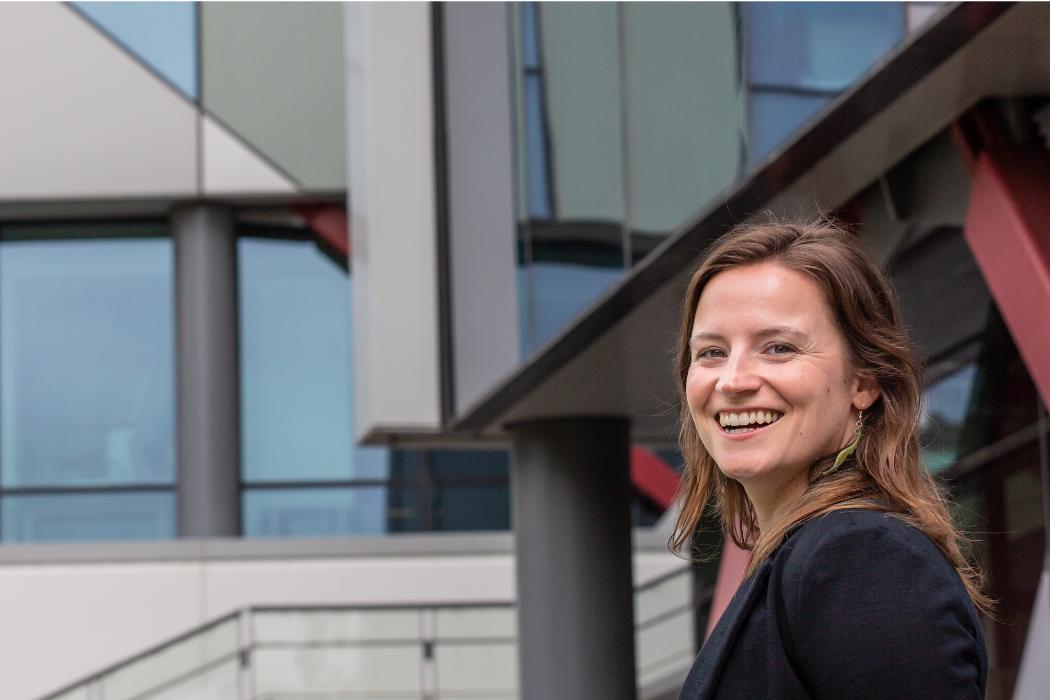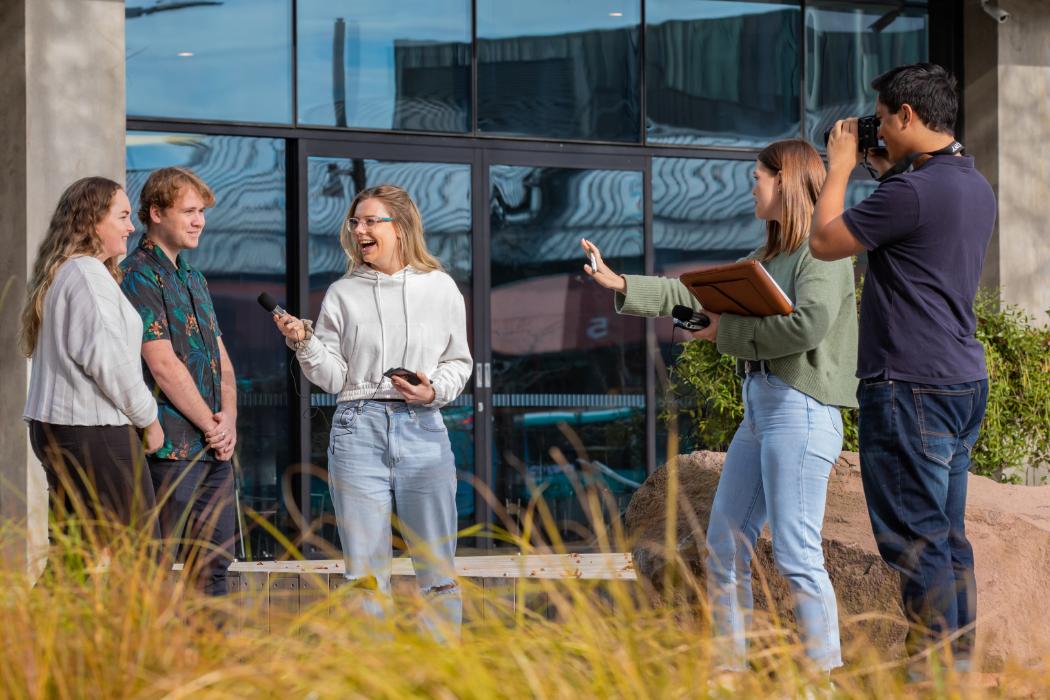Tertiary education does not currently fit the rapidly changing needs of all aspiring students in Aotearoa. All tertiary education organisations (TEOs) aspire to meaningfully support students to improve in the areas of enrolment, performance, and completion of their qualifications. To achieve this aspiration, we need to take a hard look in the mirror at our systems and put the most under-served students at the heart of everything we do.
Closing the gaps in tertiary education outcomes for several under-served priority groups – including Māori, Pacific, first in whānau, students with disabilities and those from low socio-economic backgrounds – has the potential to create generational change and leave a legacy. But this will take huge effort at a systems level and a willingness for the tertiary education sector to transform.
‘Tūwhitia!’ is our urgent call to action. It’s taken from a whakatauākī by the late James Wharehuia Milroy – “Tūwhitia te hopo, mairangatia te angitu” – which he translated as meaning “overcome the obstacles, to elevate success”.
At the Tūwhitia! Transforming Tertiary symposium over two days in Ōtautahi Christchurch, 100 leading changemakers will gather from all eight universities, Te Pūkenga, Wānanga, NZQA, the Ministry of Education and Tertiary Education Commission.
We are bringing together these diverse experts and practitioners in equity, systems-level change and student success in Aotearoa New Zealand aspiring to create a community of best practice for the domestic tertiary education sector. We want to encourage the development of a shared understanding on how TEOs can achieve student success for learners in our under-served communities.
We will explore ways to heighten student success through the four layers of Tokona te Raki’s framework for systems change.
The four themes are:
- Kawa – Vision, leadership and narrative needed for transformation
- Tikanga – Structural, systems, policies and cultural dimensions of change
- Ritenga – Behavioural components to enact change
- Putanga – Data, monitoring and evaluation systems to support change
Basically, to bridge the equity gap we need to see ourselves as one tertiary education sector and work together. Ultimately, we will deliver a bank of equity-related resources accessible to those that take part in the community of practice.
Understanding the Government’s commitment to this kaupapa would be helpful and we look forward to hearing Education Minister Hon Chris Hipkins’ closing address about the government’s level of support for the agenda of transforming tertiary education through an equity lens.
We’re all working separately on student success and equity action in our TEOs so let’s work on improving our synergies. Building a tighter network. Pulling together strands. Pulling together, not in different directions.
Let’s start as we mean to go on and continue to share our knowledge, build and grow a brighter future for all.
By Professor Catherine Moran
Tumu Tuarua Akoranga | Deputy Vice-Chancellor Academic
University of Canterbury


